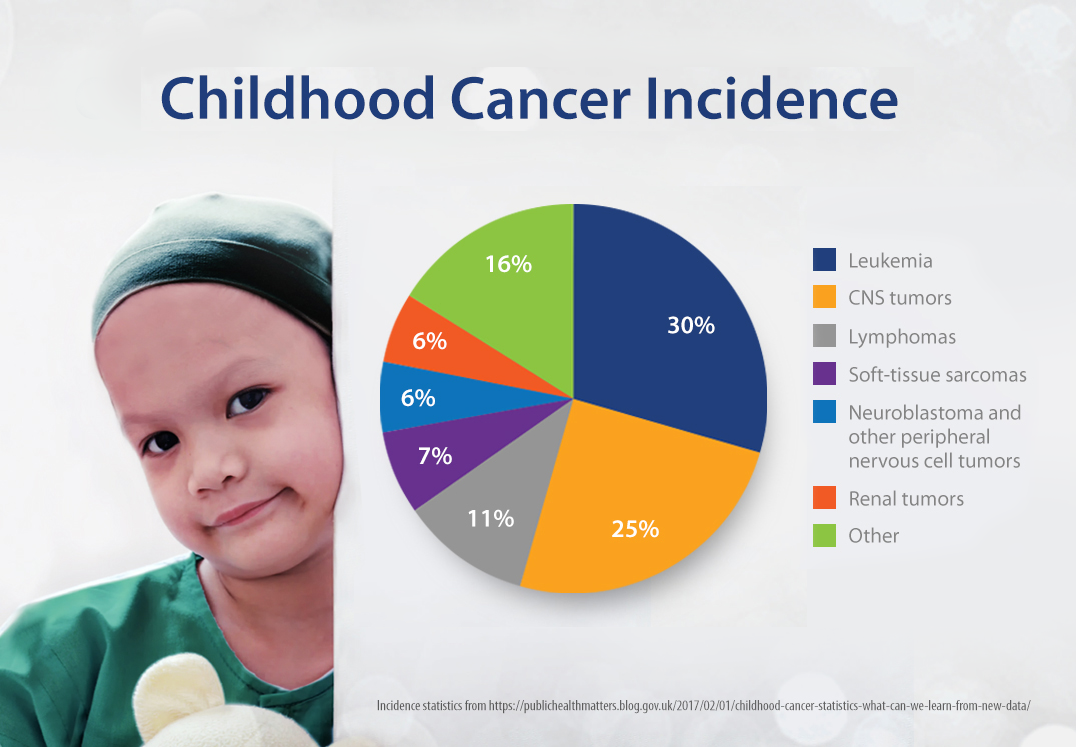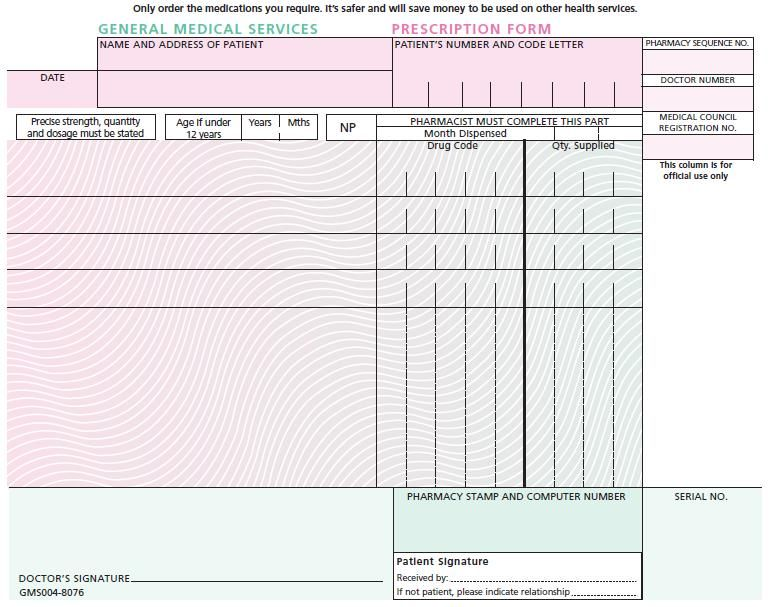Pediatric cancer prediction has entered a new era with the integration of advanced AI technologies aimed at enhancing patient care and treatment outcomes. Recent studies reveal that innovative AI tools specifically designed for analyzing multiple brain scans over time can significantly outperform traditional methods in predicting relapse in pediatric cancer cases, particularly gliomas. These tumors, while often treatable with surgery, present unique challenges as they carry varying risks of recurrence. With the application of machine learning in oncology, researchers are paving the way for earlier and more accurate predictions, which can alleviate the emotional and physical toll associated with frequent imaging. By leveraging temporal learning in medicine, these advancements could transform the landscape of pediatric oncology and improve the quality of life for young patients and their families.
In the realm of child health, forecasting the likelihood of cancer recurrence has become a critical focus, particularly for those battling tumors like gliomas. Utilizing cutting-edge artificial intelligence, healthcare professionals are now equipped to conduct detailed analyses of sequential brain imaging data, yielding insights on the probability of relapse that far exceed traditional prediction methods. By harnessing the power of machine learning techniques, the medical community is effectively addressing the complexities surrounding pediatric oncology. The utilization of sequential imaging data not only enhances the understanding of tumor behavior but also provides a framework for timely interventions. As research progresses, the era of proactive pediatric cancer management is within reach, ensuring that every young patient receives the optimal level of care.
Advancements in AI for Pediatric Cancer Prediction
The introduction of AI tools in predicting pediatric cancer recurrence marks a significant milestone in oncology. These models are trained to analyze brain scans and leverage the power of machine learning to enhance prediction accuracy. Specifically, predictive tools that utilize multiple scans over time, such as the temporal learning model developed by Mass General Brigham, provide a deeper insight into how gliomas may evolve post-treatment. Traditional methods typically rely on isolated images, which can lead to inaccurate or unreliable conclusions. By incorporating time as a crucial factor, AI-driven methodologies improve our understanding of tumor behavior and the probability of relapse in pediatric patients.
Improving predictive capabilities through AI not only streamlines monitoring processes but also alleviates the emotional burden on families. Frequent imaging can often be taxing, and with enhanced accuracy, clinicians can better strategize follow-up care. For example, instead of subjecting all patients to the same rigorous schedule of scans, those identified as lower-risk based on AI assessments may undergo fewer imaging sessions. This tailored approach not only conserves healthcare resources but also significantly enhances the quality of life for young patients navigating their cancer journey.
Temporal Learning: A Breakthrough in Medical Imaging
Temporal learning represents a transformative approach in the realm of medical imaging, particularly in predicting glioma recurrence. By enabling AI to analyze multiple images taken at different times, researchers can train models to identify trends and changes that single scans might overlook. This method capitalizes on a comprehensive view of a patient’s medical history, allowing physicians to make more informed decisions about treatment plans. In the context of pediatric brain tumors, this is crucial since gliomas can present varying degrees of aggressiveness and recur unexpectedly.
The research conducted by Mass General Brigham utilized nearly 4,000 MR scans from pediatric patients, demonstrating how AI can synthesize substantial data over time. This innovative strategy enhances the ability to predict cancer relapse more accurately, with reported accuracy rates ranging from 75% to 89% for recurrence identification within a year post-treatment. Such significant advancements could redefine oncology practices, fostering a shift towards individualized, data-driven healthcare solutions in pediatric medicine. The potential applications of temporal learning extend beyond gliomas, suggesting a broad impact on various diagnostic challenges faced in pediatric oncology.
Machine Learning Enhancements in Oncology
Machine learning (ML) continues to revolutionize the field of oncology by providing sophisticated algorithms capable of analyzing vast datasets. In pediatric health care, particularly concerning brain tumors, the integration of machine learning techniques facilitates predictive analysis that is crucial for timely intervention. As highlighted by the studies from Mass General Brigham, ML models specifically tailored for pediatric gliomas can learn from previous cases and continuously improve their predictive capabilities. This adaptive learning process ensures that as more data becomes available, predictions grow increasingly accurate and reliable.
Furthermore, the incorporation of AI and ML into pediatric oncology not only focuses on predicting recurrence but also emphasizes improving treatment outcomes. The hope is that predictive analytics can guide clinicians toward selecting optimal therapeutic strategies based on individual risk assessments. For example, a child flagged as high-risk for recurrence might receive more aggressive follow-up treatments, while a lower-risk patient could benefit from reduced imaging intervals and conservative management. Overall, the integration of ML in clinical settings represents a promising frontier that could redefine how pediatric cancer is approached.
The Role of AI in Brain Tumor Analysis
Artificial intelligence is proving to be a valuable ally in the analysis of brain tumors, particularly gliomas that affect pediatric populations. These tumors, while often treatable, can present significant challenges in terms of recurrence prediction and management. AI technologies, such as those employed in the study by Mass General Brigham, are rapidly improving the way clinicians assess tumor behavior by utilizing extensive datasets. This shift towards an AI-informed analytical framework allows for more precise evaluations, aiding in the identification of subtle changes that may indicate a risk of relapse.
The capability of AI to process and analyze longitudinal imaging over time signifies a pivotal advancement in oncology. With the help of brain tumor AI analysis, physicians can interpret complex imaging data through the lens of algorithms designed to identify patterns beyond the human eye’s capabilities. This level of insight is particularly vital in pediatric cancer cases, where timely interventions can have a life-altering impact on young patients. As the field of AI in medicine continues to evolve, the integration of such technologies in clinical workflows promises to yield substantial improvements in patient outcomes.
Reducing Burdens: The Impact of AI-powered Predictions
Utilizing advanced AI models aids in minimizing logistical and emotional burdens on families managing pediatric cancer. Traditional follow-up care often entails rigorous screening schedules, which can be stressful for both patients and their caregivers. As AI tools demonstrate heightened accuracy in predicting glioma recurrence, healthcare providers can adopt more personalized imaging strategies. For children assessed as low-risk, the need for frequent scans may be significantly lessened, resulting in improved patient experiences and reduced anxiety during treatment.
Moreover, this tailored approach not only fosters a sense of security for families but also optimizes healthcare resources. By relying on AI’s capability to accurately analyze trends over time, doctors can prioritize resources towards patients who exhibit higher predicted risk. Such efficiency in patient monitoring encourages a more supportive environment, allowing young patients to focus on recovery rather than the constant stress of impending evaluations. As AI continues to advance within pediatric oncology, the potential to transform routine care and enhance the overall pediatric cancer experience is immense.
Future Directions: Clinical Trials and AI Applications
The future of pediatric oncology appears promising with the integration of AI and machine learning. As shown in the recent studies at Mass General Brigham, ongoing clinical trials are planned to assess how AI-informed risk predictions can lead to improved patient care. Researchers are optimistic that greater accuracy in glioma recurrence prediction will inspire innovative treatment protocols that may include preemptive interventions. By using AI-driven insights, physicians can potentially transform the landscape of follow-up care, tailoring therapy options based on identified risk levels.
These clinical trials will not only pave the way for the practical application of AI tools in real-world settings but also contribute to a growing body of evidence supporting their efficacy. As healthcare systems gradually adopt these technologies, the opportunity arises to enhance pediatric cancer management significantly. The hope is that by harnessing AI capabilities in predicting pediatric cancer recurrence, treatment modalities can evolve to become more effective, individualized, and responsive to the needs of young patients.
The Importance of Early Detection in Pediatric Cancers
Early detection remains a cornerstone in successfully treating pediatric cancers, particularly in cases of brain tumors like gliomas. Advanced technologies, such as AI in pediatric cancer prediction, improve the likelihood of identifying relapses before they become detrimental. With sophisticated imaging techniques powered by AI, clinicians can monitor changes accurately and act swiftly, greatly enhancing the chances of a favorable outcome for young patients. Early intervention can lead to less aggressive therapies, reducing both the physical and emotional toll on families.
The emphasis on early diagnosis also extends to enhancing survival rates among pediatric patients. The quicker that physicians can identify changes indicative of tumor recurrence, the sooner they can initiate appropriate follow-up treatments. By incorporating machine learning models that utilize temporal learning principles, healthcare providers are equipped with powerful tools that not only forecast potential relapses but also allow for timely, strategic treatment approaches. Thus, the synergy between early detection and AI technology is instrumental in redefining pediatric oncology practices.
Validating AI Predictions: A Path Forward
While the advancements in AI tools for predicting glioma recurrence are promising, validating these predictions across diverse clinical settings is crucial. Continued research will determine the reliability and generalizability of AI models in pediatric oncology. Rigorous testing and evaluation in varied populations and treatment scenarios are necessary to ensure that these tools can deliver accurate predictions consistently. Such validation will bolster confidence among clinicians and families alike, paving the way for AI-powered strategies to become a standard in pediatric cancer care.
Entering clinical trials represents an essential next step in assessing the practical application of these AI models. It will provide insightful data on how AI-driven predictions can influence clinical decision-making and patient outcomes in real-time settings. Moreover, successful validation will encourage the broader adoption of these innovative tools within the healthcare framework, ultimately aiming for enhancements in the overall quality of care for children faced with cancer. As the research community pushes forward, the integration of AI in predicting pediatric cancers promises a future where care is not only data-informed but profoundly personalized.
Frequently Asked Questions
How does AI in pediatric cancer prediction improve glioma recurrence forecasting?
AI in pediatric cancer prediction, particularly for glioma recurrence, enhances forecasting by analyzing multiple brain scans over time. This method leverages temporal learning, allowing the AI model to identify subtle changes between scans, thus predicting recurrence with greater accuracy than traditional single-scan methods.
What is temporal learning in medicine, and how does it apply to pediatric cancer predictions?
Temporal learning in medicine refers to a technique where AI learns from sequential data points taken over time, such as MRI scans of brain tumors. In pediatric cancer predictions, this method aids in accurately forecasting the likelihood of glioma recurrence by synthesizing results from multiple scans taken after treatment.
Why is AI crucial for brain tumor AI analysis in pediatric oncology?
AI is crucial for brain tumor AI analysis in pediatric oncology because it significantly improves the accuracy of recurrence predictions. By utilizing advanced algorithms and temporal learning, AI can analyze patterns across multiple imaging studies, helping healthcare professionals make more informed decisions for managing pediatric glioma cases.
What are the benefits of using machine learning in oncology for pediatric cancer recurrence detection?
The benefits of using machine learning in oncology for pediatric cancer recurrence detection include increased predictive accuracy, reduced need for frequent imaging, and the potential to personalize treatment plans. By learning from historical MRI data, machine learning models can effectively identify patients at higher risk for recurrence, leading to timely and appropriate interventions.
How can AI tools enhance the management of pediatric gliomas?
AI tools can enhance the management of pediatric gliomas by providing more accurate predictions of recurrence, which helps in optimizing follow-up care. By integrating machine learning techniques with temporal learning, these tools enable oncologists to tailor treatment strategies based on individual risk assessment.
What implications does AI-driven glioma recurrence prediction have for patient care?
AI-driven glioma recurrence prediction has significant implications for patient care, including reduced stress for families through less frequent imaging and the possibility of more proactive treatment for high-risk patients. This can improve outcomes and quality of life for children recovering from brain tumors.
What future advancements can we expect from AI in pediatric cancer research?
Future advancements from AI in pediatric cancer research may include more refined predictive models that integrate larger datasets and real-time monitoring of patients. This could lead to improved early detection of recurrence, better-tailored treatments, and overall enhanced care pathways for pediatric cancer patients.
| Key Points | Details |
|---|---|
| AI Tool Development | An innovative AI tool was developed to analyze multiple brain scans over time, predicting relapse risk in pediatric cancer patients. |
| Study Findings | The AI tool achieved 75-89% accuracy in predicting recurrence of pediatric gliomas, a significant improvement over traditional methods. |
| Temporal Learning Technique | The study used a new temporal learning technique that improves predictions by sequencing a patient’s MR scans chronologically. |
| Need for Improved Tools | There is a critical need for better tools to reliably predict cancer recurrence in pediatric patients, reducing stress and burden on families. |
| Clinical Implications | The researchers aim to launch clinical trials to validate their findings and improve patient care. |
Summary
Pediatric cancer prediction has taken a significant leap forward with the development of an AI tool that more accurately predicts relapse in young cancer patients, specifically those with gliomas. This enhanced predictive capability can lead to better-targeted treatments and a reduction in the stress associated with frequent MRI scans for young patients and their families.




